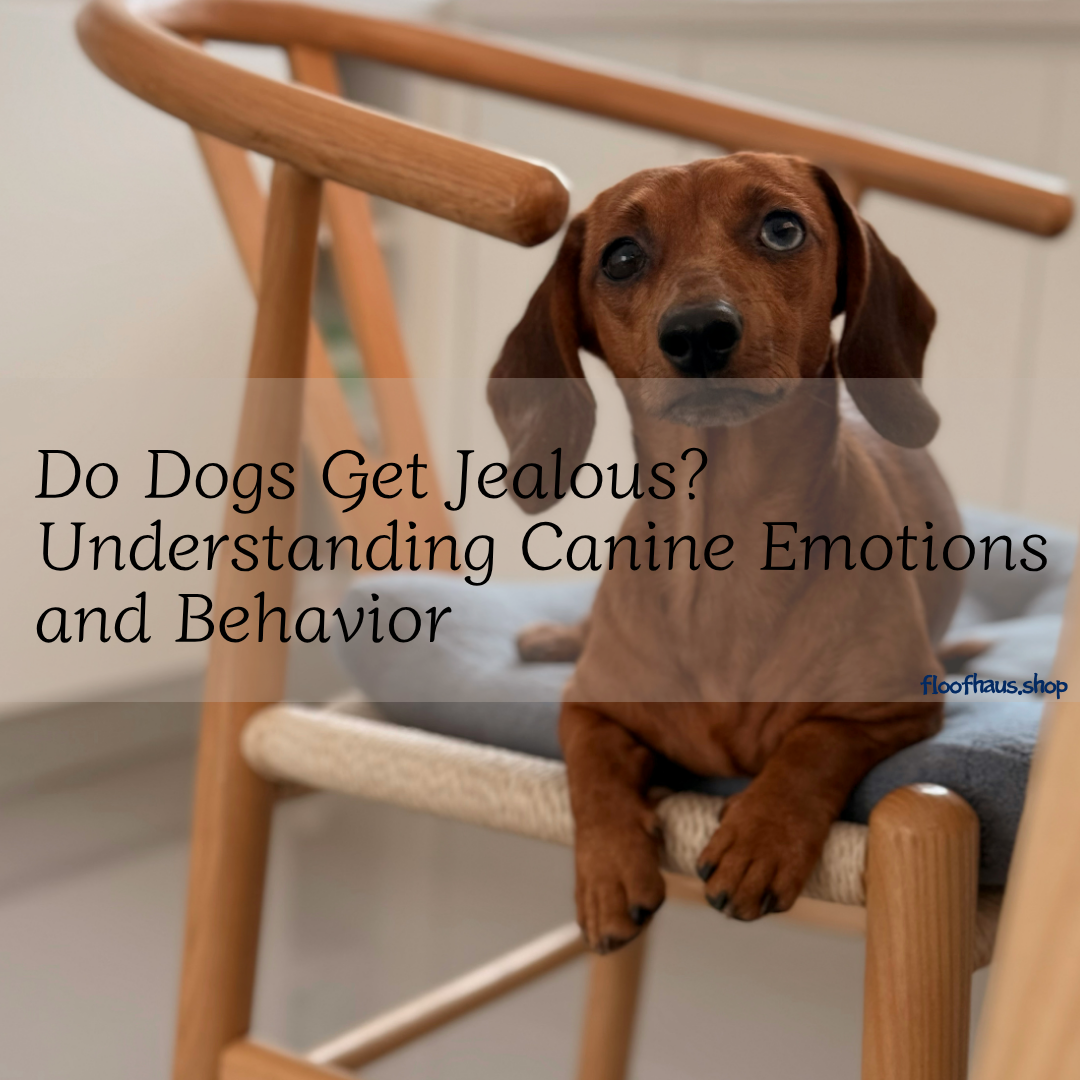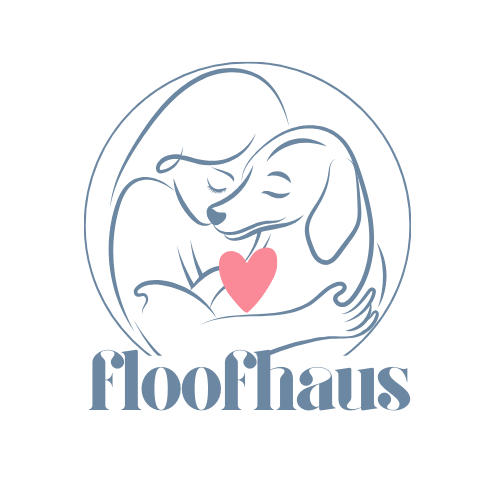
Do Dogs Get Jealous? Understanding Canine Emotions and Behavior
Share
Dogs get jealous in certain situations, much like humans. Their reactions reveal attachment, attention-seeking, and emotional awareness.

Introduction
Dogs are social animals that form strong bonds with humans. Jealousy is part of their emotional spectrum.
When dogs perceive a threat to their attention or resources, they may display jealousy behaviors.
Recognizing these signs helps owners manage interactions and maintain harmony.
Scientific Evidence of Jealousy
Research shows that dogs exhibit behaviors resembling human jealousy.
A 2014 study at the University of California observed dogs’ reactions when owners gave attention to a stuffed dog.
Many dogs tried to push, nudge, or intervene, demonstrating behaviors linked to jealousy.
This suggests that dogs get jealous when they feel a rival is receiving attention.
Common Signs Your Dog Is Jealous
Dogs may display jealousy subtly or overtly. Common behaviors include:
- Barking or whining when attention is given to another pet.
- Pushing between the owner and another animal or object.
- Snapping or growling at perceived rivals.
- Seeking extra attention, cuddles, or toys.
Understanding these cues helps owners respond appropriately without escalating stress.
Situations That Trigger Jealousy
Certain situations frequently trigger jealousy in dogs:
- Attention to Other Pets: Dogs may feel threatened by cats, other dogs, or new animals.
- New Humans in the Home: Visitors or new family members can spark jealousy.
- Objects and Resources: Favorite toys, food, or even clothing may trigger protective behaviors.
- Affection Shift: Dogs notice when owners focus affection elsewhere and may react.
Being aware of triggers reduces misunderstandings and conflict.
Why Dogs Get Jealous
Dogs are motivated by attachment and social bonds. Jealousy often arises from:
- Fear of Loss: Dogs fear losing their owner’s attention.
- Competition for Resources: Protecting toys, food, or affection is instinctual.
- Social Awareness: Dogs can perceive interactions between humans and other pets.
This emotional capacity highlights their intelligence and social complexity.
Subtle Signs of Jealousy
Not all jealousy is obvious. Subtle signs include:
- Pawing at the owner while they interact with someone else.
- Leaning close or placing a head on the owner.
- Ignoring commands to regain attention.
- Slight growls or low vocalizations.
Recognizing these subtle behaviors is key to preventing stress or aggression.
Differences by Breed and Personality
Breed and personality influence how dogs express jealousy.
- Social breeds (Labrador Retrievers, Golden Retrievers): Show overt attention-seeking behaviors.
- Independent breeds (Shiba Inu, Basenji): Express jealousy more subtly or indirectly.
- Protective breeds (German Shepherd, Rottweiler): May guard resources or display defensive behaviors.
Understanding breed tendencies helps owners interpret behavior correctly.
Human Actions That Reduce Jealousy
Owners play a crucial role in managing jealousy. Strategies include:
- Equal Attention: Ensure all pets receive love and engagement.
- Structured Playtime: Give individual attention during walks or training.
- Positive Reinforcement: Reward calm behavior when attention is shared.
- Avoid Punishment: Punishing jealousy can worsen stress and aggression.
Consistency and patience improve social harmony.
Training and Socialization
Training reduces jealousy by teaching dogs appropriate responses:
- Desensitize to Triggers: Gradually expose your dog to situations that cause jealousy.
- Use Commands: “Sit” or “stay” can redirect attention.
- Reward Calm Behavior: Encourage patience and non-aggressive responses.
- Interactive Toys: Provide enrichment to prevent boredom-based jealousy.
Well-structured training strengthens bonds and emotional resilience.
Emotional and Health Benefits of Reducing Jealousy
Addressing jealousy has positive effects for dogs and owners:
- Reduced Stress: Calmer dogs are healthier and happier.
- Improved Relationships: Strengthens trust between pet and owner.
- Better Social Skills: Dogs learn to coexist with other pets or humans.
- Enhanced Safety: Reduces aggressive incidents or resource guarding.
Mindful handling of jealousy improves overall well-being.
At Floofhaus: Supporting Canine Emotional Health
At Floofhaus, we understand dogs’ emotional lives. Knowing that dogs get jealous helps owners respond with empathy.
We provide toys, enrichment items, and training tips that reduce rivalry and strengthen bonds.
Observing signs of jealousy ensures pets feel safe, loved, and respected in multi-pet households.
Conclusion
Yes, dogs get jealous, just like humans, but their behaviors are rooted in attachment and social awareness.
Recognizing triggers, observing subtle cues, and responding patiently fosters trust and emotional balance.
At Floofhaus, we celebrate the complexity of canine emotions and help owners build happier, healthier relationships.
